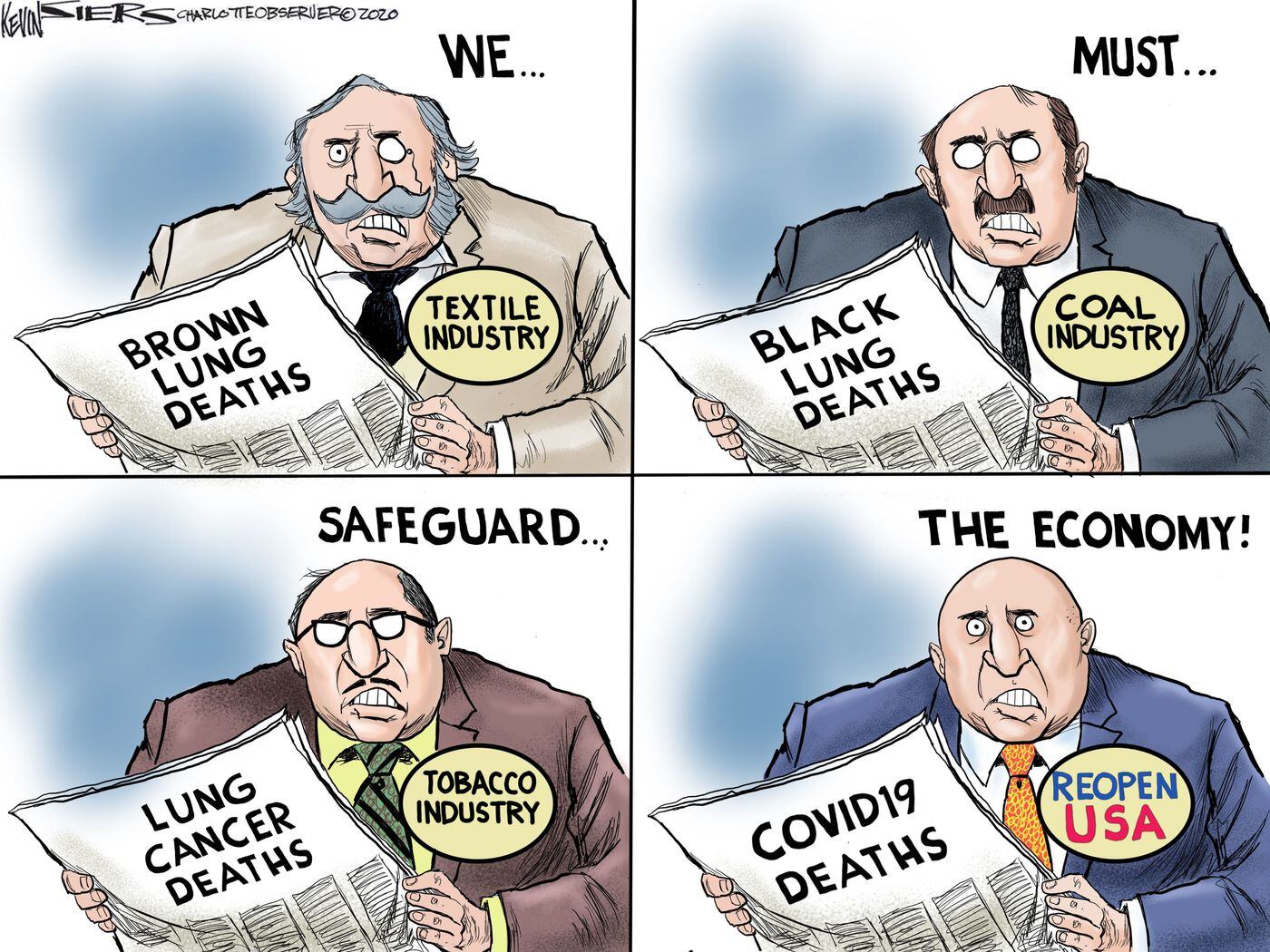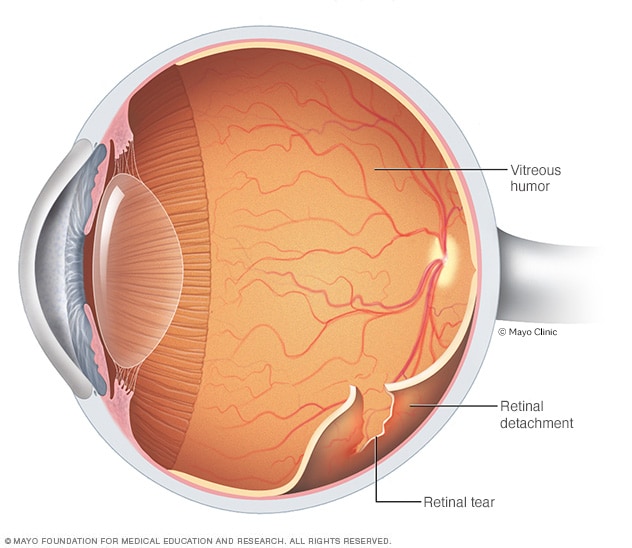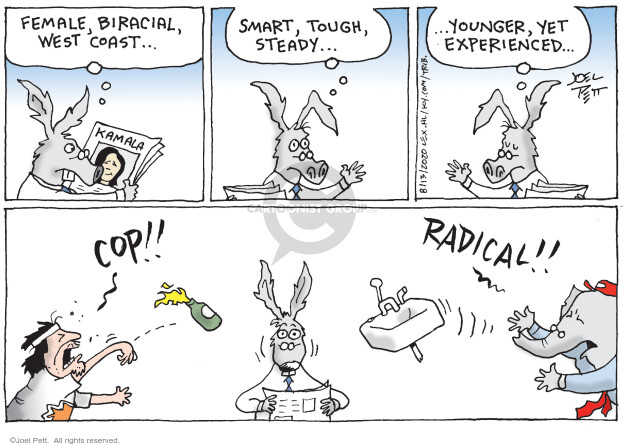The lightning storm messed up our internet.
I'll be down for a few days.
Ooo, look! I've got billing with Melissa Scott and Jo Graham!
The second work: In the Deep by Kelly Jennings, a sequel to Fault Lines. We get to share more interplanetary derring-do with rebellious Velocity and her devoted extended family; and we finally get an in-depth view of the tantalizing, free-spirited Pirians who live their lives entirely on starships, counterbalancing the power-hungry tactics of the Combines. The two works are part of a nascent series we decided to call Escape Velocity. Projected launch: September 2021.
 |
| Sequel Coming Soon! |
Woke up to a immense thunderstorm this morning -- thunder so loud it freaked out the little dog.
Supposed to be cooler on the other side, though. Also now that I am awake at dawn, I suppose I can get to work on my edits.
My kid had to buy this for his Dental Science class. It has "realistic" teeth and gums, and also you can pull the teeth out and then replace them. The kid is sure it's haunted.
Dental Science is a class which was designed for bio anthropology majors, but tons of predental students take it too. So the kid is surrounded by (extremely conservative) future dentists. Right now the kid has purple hair and fingernails painted black.
I want him to name it Chomps d'Elysee.
Here is my daily schedule now that I'm on sabbatical:
8:00 Rise up. Drink some water. Curse my fate.
8:15 Take dog for walk -- right now we're only going about a mile, but when it cools off I plan to make it two.
9:00 Make coffee.
9:15 -10:00 Check the news, do crossword puzzle, curse my fate.
10:00 -2:00 Write. Right now I'm working on the edits for In the Deep.
2:00 Eat something. Right now I've got a big jug of tabouli, but last week I was eating my way through a batch of chicken curry.
2:00-7:00 Read and do laundry, or whatever other household chore needs doing. Today it's laundry. Once Dr. Skull is home, go to library/store if necessary.
7:00 Eat something. Maybe watch a movie/episode of a TV show.
8:00-midnight Read more, also do whatever other chore needs doing.
Midnight: Sleep, if possible. If not, read some more.
Interspersed among all this, I take the dog out, cater to the cats, answer emails, check Twitter, and brood.
Except for the insomnia, it's paradise.
It's actually a little cooler here -- highs of 95 degrees rather than of 99 or 100 -- but it feels much hotter. IDK why. Not the humidity. That's stayed steady.
Maybe it's weather fatigue.
My university has been in session for a week; the kid's university starts on Monday. All of his classes are what we're calling "remote delivery," which basically means online. So his chances of catching Covid-19 are lessened.
Dr. Skull also goes back to work on Monday. This, I am less sanguine about. Our public schools are all meeting f2f. We've had over 200 teachers* resign in our school district rather than risk catching the virus, so there's lots of work for substitute teachers. And he plans to wear his mask. And we desperately need the money.
AND YET.
I'm resting my hopes on him having caught Covid-19 when I had it, back in May (if I did have it, which was never confirmed), and thus being immune now.
Capitalism.
You have to open the schools, even if it's going to put lives at risk, because how else can parents go to work, and you can't pay people to stay home, because if you did that, people wouldn't take shit jobs just to stay alive, and of course they don't have enough money saved to stay home on their own, because they've been paid shit wages all their lives.
So people are going to get sick, and then of course you can't pay for their medical care, because how else would health care executives be able to afford six vacations a year and three houses? Not to mention that private plane! So people are going to be saddled with immense medical debt, which means they'll have to take the shitty jobs at the shitty pay being offered. What a system!

*Obviously resigning is not an option for most teachers. No unemployment if you quit, so you can't quit unless you have someone who can support you. For teachers with wealthy partners, or those old enough to start drawing retirement, it's an option. Not for most people.

A.J. Lancaster, The Lord of Stariel
This is a fantasy/romance, recommended by Jenny Scientist, and a delight. There's an entirely unnecessary prologue, which put me off at first; skip past that if you like, because after that the book takes off like a rocket.
Hetta Valstar, an accomplished illusionist (i.e. wizard), gets called home on the death of her father, the previous Lord Stariel, for the Choosing -- the land has to choose a new Lord Stariel / Lord Valstar. On the night of the Choosing, it seems as if the Star Stone has chosen Hetta to be the new Lord -- surprising everyone, since her cousin Jack was the odds-on favorite. But after Hetta has stepped into her role (and is doing a fine job), she learns that the Star Stone that proclaimed her the Lord is a counterfeit -- that her choosing was an illusion.
This is part romance, as I said, and part mystery. There's also a handsome fae with a secret, not to mention a moody brother with another secret, and not one but two wonderfully cranky old women.
Also! This is a trilogy -- or at least there's three books so far.
Lina Rather, Sisters of the Vast Black
Another novella marketed and priced as if it were a novel. I'm not opposed to novellas being published, God knows. It's marketing and pricing them as though they were full-length novels that irks me.
Still, this was very good: a community of nuns, traveling in a living spaceship, going from colony to colony bringing communion, baptisms, and marriage rites. Complicating this life, their ship has decided it wants to breed, and the Vatican, back on Earth, maybe be under the influence of a tyrant.
Each of the sisters is a fully realized character, the world-building is well done, and the writing is lovely.
Katharine Schellman, The Body in the Garden
During the first few pages, I thought this was going to be another Sherlock Holmes fanfic. (Not that I have anything against Sherlock Holmes fanfics, as long time readers know. See also Laurie King, Sherry Thomas, and Katharine Addison.) There are some similarities. But while this is Holmes-esque, it's not really very close to the source material.
Instead, we have a mystery-solving woman, Lily Addler, whose husband had been dead for three years. She moves to London in an attempt to kick-start her life, and ends up in the middle of a scandalous murder, which she uses her wit and intelligence to solve.
This is very highly influenced by the Regency romances of Georgette Heyer, so that was fun. Nice writing and very well done characters. This is the start of a series, apparently. I look forward to the next.
Patrick Ness, Burn
This is another YA novel from Patrick Ness which really doesn't feel like a YA novel. It's the story of a young girl, Sarah, on a farm in Washington State in 1957, in a world that has dragons. Her father, who is struggling to hold onto the family farm following the death of her mother, hires a dragon to clear the fields. The dragon, as it turns out, knows more than he says.
Not only dragons but alternate dimensions. Plus an emotionally-abused teenage assassin. Also lots of cool stuff about 1957.
This one's a lot of fun, and it looks like it's set up as a sequel.
Gretchen McCulloch, Because Internet
A book about what has been happening with language as it's used on the internet. McCulloch is a linguist and a denizen of the net, who writes an engaging, readable style. I learned a lot from this, and not just about why kids today don't use periods when they tweet and text. The section on emojis and how they're related to gestures and emblems is especially interesting.
Also, just in case tl;dr this book, McCulloch notes that not only is internet-speak not hurting the ability of kids today to write in standard English, all this time sending messages and putting posts on the net is actually making our kids into better writers. Which should not be a shock -- if you do something for hours a day, yeah, you're going to get better at it.
Nina Kiriki Hoffman, A Stir of Bones.
This is a YA novel, very lucid and a little bizarre. Excellent portrayal of someone who disassociates due to trauma, though.
It's a ghost story, of sorts. A young girl, Susan, whose father is emotionally and physically abusing her and her mother meets a group of kids who are investigating a local haunted house. Turns out the ghost in the house is real, and not only can Susan speak to the ghost, she can speak to the house (House, she calls it).
This reminds me a little of Shirley Jackson, except with Jackson Susan would be a bit evil, and here she definitely is not.
This is the first day of classes at my university, so today is the first actual day of my sabbatical. Happy sabbatical to me!
Though honestly I feel as though I've been on sabbatical since March, when we switched to online teaching due to the virus. And I'll admit I'm glad my sabbatical is for this semester. I hate, hate, hate teaching online. It's nearly impossible (at least for me) to engage the students, and the students themselves have a hard time learning anything effective that way. I mean, I know we're doing our best. But teaching happens face to face. At least for me.
So I am hoping that this pandemic will be over, or at least over enough, to resume f2f teaching in January.
Which may be a pipe dream, if what I'm seeing around the science-side of the internet plays out.
Anyway!
Here's what I've done with my sabbatical so far:
(1) Finished the sequel to Fault Lines, In the Deep, submitted it, had it accepted.
(2) Have begun editing of the MS (I'm pleased to report that this one won't need the extensive rewriting that the first one did. Yay me.)
(3) Written and submitted four short stories. Two rejected. Waiting to hear about the other two.
(4) Written and submitted two book reviews.
(5) Read, and am reading, one billion books. Right now I'm reading Because Internet, about linguistics on the internet.
(6) Caught, and recovered from, what maybe have been Covid-19. I haven't yet gotten the antibody test, so
(7) Slept late nearly every day.
(8) Cooked a great deal. This is because of the pandemic, though, and probably not because I'm not teaching.
Very productive so far! What I plan to do next:
(1) Finish the first round of edits on In the Deep, and resubmit.
(2) Revise the two rejected short stories, and resubmit.
(3) Begin the third book in the Velocity series (now called Escape Velocity).
(4) Anticipate and greatly enjoy fall, if it ever arrives.
That should occupy the next few months nicely.

This is a chicken curry recipe which I adapted from several I found online and one I found in Peg Bracken's I Hate To Cook Book.
Cheap, spicy, and tasty: Chicken Curry.
I have signed the contract for the sequel to Fault Lines.
It's called In the Deep, and concerns most of the same characters, plus Pirians. Candlemark & Gleam, my excellent publisher, is publishing it.
More details as they emerge!
About four weeks ago, I had some weird flashes in my eyes, which made me think my retina might be detaching. (My mother's retina detached when she was some years younger than I am now.)
Eye doctors take you seriously when you phone in with those symptoms, so I saw a guy not an hour later. The good news -- my retina is fine.
The bad news: I had a follow-up today, which meant my pupils are dilated yet a second time.
Eyes are still fine, but I can't read OR write. What am I supposed to do?
ETA: In case you're curious about why I saw the weird flashes, the eye doctor explained to me kindly that it was because I am getting "older."
A polite way to put it. He was about 12 himself.

We had a massive storm just before dawn this morning -- thunder so loud and constant it shook the house, torrential rain, and then -- at around six a.m. -- the power went out. It stayed out until about five minutes ago: about five hours without power.
As always, we were made aware of how dependent we are on electricity. The fridge runs on it, the lights, the internet, all the clocks, our music, the air conditioning -- the coffee maker!
Luckily, due to the storm, it wasn't as apocalyptically hot as it has been. So we didn't suffer as much as we might have due to no AC. The coffee was another matter, however.
Glad to have power restored. And once again very glad not to live in 1820.
In the wake of Harris being chosen by Biden as his VP, I am having to take a break from social media. The frothing bigotry and willful ignorance are just too much.
Have some links while I read novels and take walks instead.
As Jenny F. Scientist noted, the deaths from Covid-19 are, indeed, being miscounted
The official count has over 1000 people dying per day -- almost 1500 died yesterday.
The Far-Right more bizarre every day
More birtherism. Color me surprised.
Bringing facts is useless, but

 |
Your reminder that Trump couldn't have done any of this without the GOP and 1/3 of the country enabling him.
Vote every single member of the GOP out of office in November 2020.
 |
| Our First Kitten |
 |